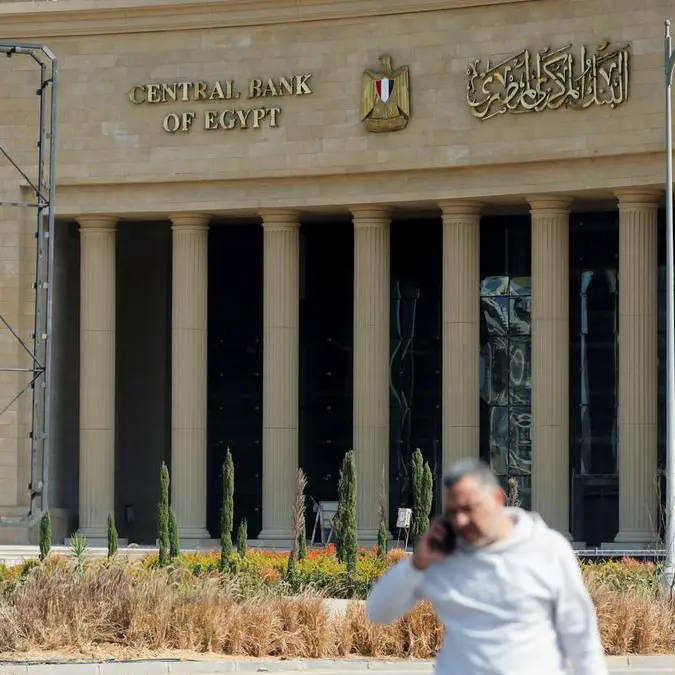PHOTO
The pound fell on Wednesday as British bond yields dropped ahead of the new Labour government's first budget, while a gauge of expected volatility over the next week shot to its highest since March 2023.
Sterling was last down 0.35% on the day at $1.297, pulled lower by a fall in British bond yields that made the currency look less attractive relative to its peers.
Britain's 10-year gilt yield dropped 10 basis points to 4.218%, on track for its biggest daily fall in two weeks, as investors positioned ahead of finance minister Rachel Reeves' budget. Yields fall as prices rise.
The yield hit its highest since June at 4.218% on Tuesday. Borrowing costs have climbed in part because of some concerns about extra spending in the budget, but also because British growth has held up better than expected and U.S. yields, which set the tone for markets around the world, have risen sharply.
The euro was last up 0.46% against the pound at 83.51 pence, boosted by a rise in euro zone bond yields.
Labour's first budget in 14 years, expected at around 1230 GMT on Wednesday, will end months of speculation about how much Reeves and Prime Minister Keir Starmer will borrow for infrastructure investment and how hard they will hit taxpayers.
"There is little evidence of FX concerns over the budget," said Derek Halpenny, currency strategist at lender MUFG. "The pound remains the top performing G10 currency, outperforming even the dollar.
"Assuming today's details are credible, which we would expect, the pound response should be positive."
Measures of expected volatility over the next week in sterling jumped on Wednesday as investors braced for the highly uncertain U.S. election on Nov. 5, which could lead to big changes in trade policy and swings in the dollar.
One-week implied options volatility - a measure of demand to protect against large moves in the pound over the coming week - rose to 10.66%, the highest since March 2023.
The overnight rise from around 6.33% was the largest one-day increase since September 2022, when then-Prime Minister Liz Truss unveiled budget plans with tens of billions of pounds in unfunded spending that threw UK markets into crisis.
Implied volatility on one-week options also jumped for the euro, in a sign of investor nerves about the U.S. election and the fallout the following day.
(Reporting by Amanda Cooper; Editing by Jane Merriman and Alex Richardson)





















